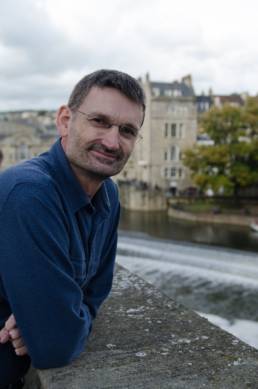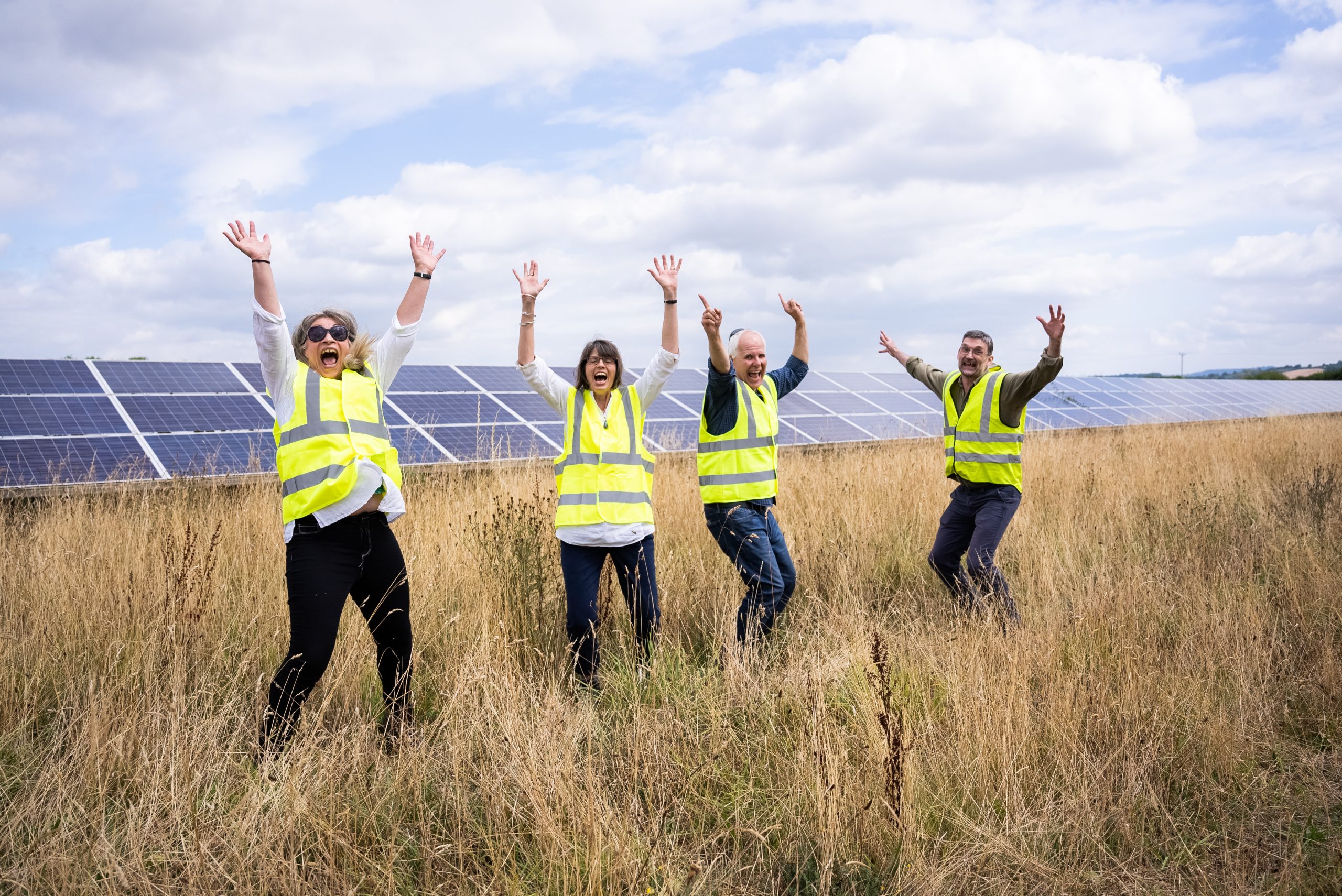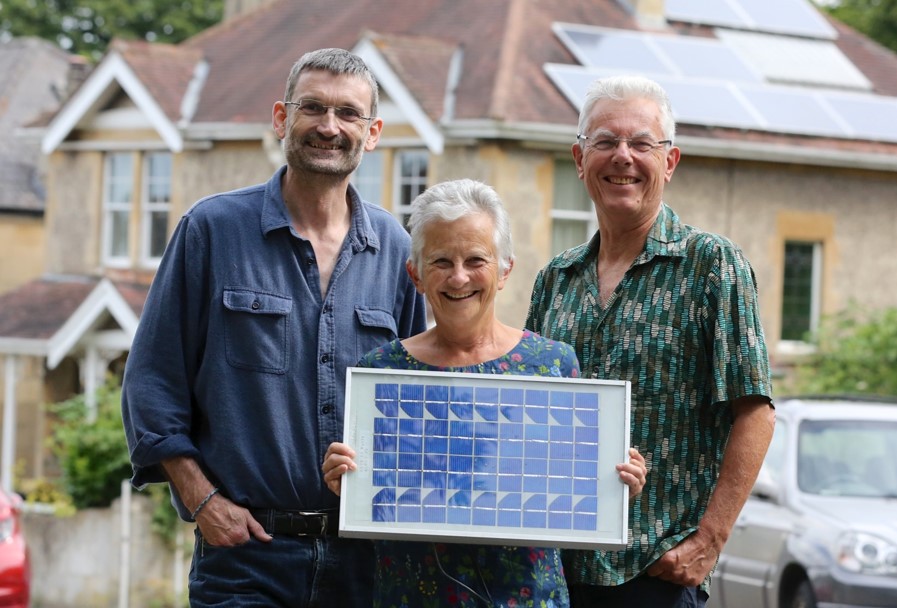Our Managing Director Pete Capener explains how the Government’s windfall tax on renewables will affect BWCE and considers how a fairer energy pricing system can best work for both consumers and community energy organisations.
In the government’s Autumn Statement on 17th November, it was announced that a 45% tax on revenue from renewables project above £75/MWh (or 7.5p/kWh) would be implemented from January next year.
Since then, we have had people asking us whether this will have a negative impact on BWCE. The simple answer is no it won’t.
The detailed information provided about this tax indicates that it will only impact companies that generate over 100GWh per year. We currently generate around 13GWh per year. Whilst this figure is increasing with the new projects we are developing, we won’t threaten the 100GWh threshold for a while.

This seems a reasonable approach given that the cost of developing and financing smaller renewables projects are higher and so profits are lower.
Because renewable energy generates electricity at a lower cost than fossil fuels we believe this should feed through to what we are all charged for electricity. Currently, the electricity market sets the price for electricity at the price of gas, regardless of how it is generated. This does not make sense and is one of the main reasons for the really high fuel bills that we are all seeing.
So, we should receive less for the renewable energy that we generate. However, if we cut income back too much we will struggle to develop new projects.
One suggestion is for government to create pricing bands to allow different scale projects to charge enough to cover their costs and make their projects viable. If this was the case a tax, or some form of revenue cap, across all renewables, regardless of scale, could work. Otherwise, it does makes sense to exempt smaller schemes and smaller companies, so they still stand a chance of developing financially viable projects.
On top of which, of course, BWCE is also a not-for-profit community business. So excess surplus we generate will be re-invested for community benefit, either distributed locally to other community groups in the form of grants through our community fund or invested in new projects. We feel a responsibility to use additional income to enable us to go further and faster towards our collective goal of zero carbon emissions, whilst also seeking to support vulnerable households struggling to deal with the escalating cost of energy.
If you would like to know more about how you can help us, click below.


